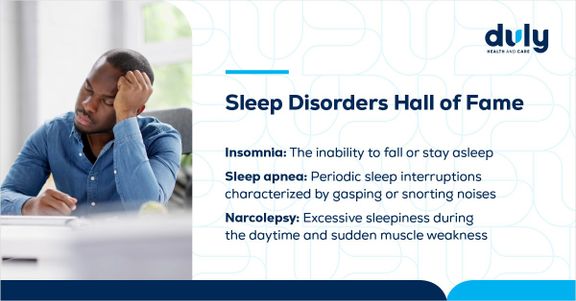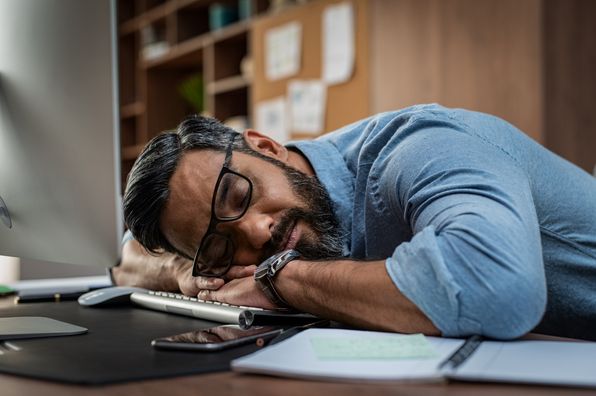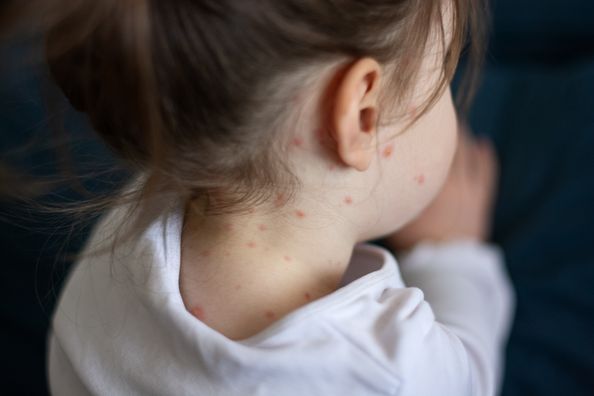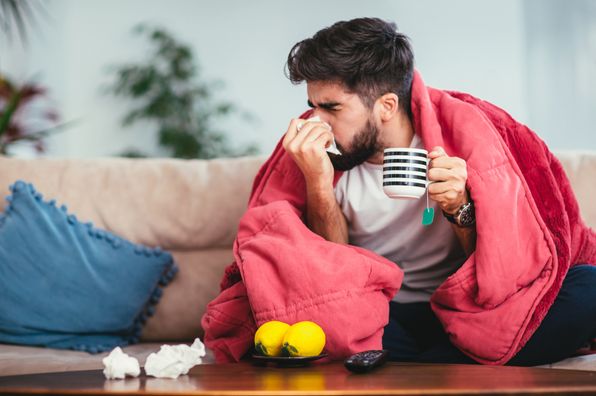Whether you’re 6 days old or 60 years old, you need to sleep. While how much sleep you need changes over the course of your life (newborns are known to sleep all day, while adults need just 7 to 9 hours of shut-eye each night), sleep remains a constant in your life.
Day to day, you may face minor disturbances in your sleep, such as after a particularly stressful day or during an illness. But if you struggle with sleep every night, you might have a sleep disorder. These conditions can keep you from getting the rest you need to keep your brain and body healthy. For children and teens, sleep problems can also impact their growth and development.

If you have a sleep disorder, it can be minorly or majorly disruptive to your sleep. No matter your level of discomfort, there are solutions. Here are some sleep disorders that have earned a position in the sleep disorder hall of fame — and how to know if one of them is keeping you up at night.
Can’t Fall Asleep? Might Be Insomnia.
You count sheep, meditate before bed, and cut out caffeine, but you’re still lying for hours trying to fall asleep at night. Or, if you do manage to fall asleep, you’re up several hours early and can’t get back to sleep. To top it all off, your lack of sleep has you falling asleep at your desk or kitchen table throughout the day.
Sound familiar? You might be suffering from insomnia, which is when you can’t fall or stay asleep. Insomnia has earned its place in the sleep disorders hall of fame because about 10% of the world has this sleep condition.
In addition to trouble sleeping, you might have daytime effects, like fatigue, slowed reaction times, confusion, or mood swings. For your sleep troubles to be considered insomnia, they must:
- Occur at least 3 times a week
- For at least 3 months
- Not be a result of other circumstances, like medications, substance use, or major life transitions, such as work schedule changes
- Not be explained by other medical conditions, medications, or substance use
Insomnia can be caused by a number of factors, such as family history, differences in brain activity, and medical conditions, like acid reflux and Parkinson’s disease.
Treating insomnia can include changes to your lifestyle, medication, mental healthcare, or a combination of all these approaches.
Snoring a Lot? Might Be Sleep Apnea.
If your partner has complained about your snoring, you wake up with a dry mouth, or you experience unexplained daytime sleepiness, you might be wondering what’s going on. The culprit could be our next sleep disorder hall of fame member — sleep apnea.
Earning its place in the hall of fame because it affects up to 10% of the world’s population, sleep apnea is when your breathing stops and starts repeatedly as you sleep.
Snoring, episodes of stopping and starting breathing, and gasping for air while asleep are the main symptoms, and they’re often reported by someone who’s near you when you sleep. Other symptoms include:
- Headaches in the morning
- Trouble concentrating when awake
- Difficulty staying asleep
- Irritability
If these symptoms sound familiar, make an appointment with a Duly Sleep Medicine specialist to determine if you have sleep apnea or another sleep disorder.
Sleep apnea can affect anyone, but there are factors that make you more likely to experience it, such as obesity, thicker neck circumference, older age, and family history of sleep apnea.
Treatment for sleep apnea can include lifestyle changes (such as losing weight), using a continuous positive airway pressure (CPAP) machine, or surgical implants.
Falling Asleep During the Day? Might Be Narcolepsy.
Being tired after a long day is one thing, but falling asleep throughout the day without any warning is a different story. If you’ve fallen asleep while working, talking with friends, driving, or any other sudden circumstance, narcolepsy might be to blame.
Narcolepsy is a sleep disorder that’s earned its place in the hall of fame not because of its frequency but because of its seriousness. While only up to 200,000 people in the US have narcolepsy, it can be unsafe if not managed. This is because narcolepsy causes extreme drowsiness throughout the day, making it difficult to stay awake or causing you to fall asleep without warning. If you’re driving or doing something else that requires your attention, narcolepsy can be dangerous.
Other signs of narcolepsy include sudden muscle tone loss (called cataplexy), sleep paralysis (when you can’t speak or move while falling asleep or when waking up), and hallucinations. Sometimes, people with narcolepsy also have other sleep disorders, like sleep apnea or insomnia.
The precise cause of narcolepsy isn’t known. In some people, it may be related to the chemicals in your brain. Genetics may also play a role in your likelihood of having narcolepsy.
While there isn’t a cure for narcolepsy, lifestyle changes and medication can help you manage symptoms and avoid potentially dangerous situations.
Getting Relief from Sleep Disorders
Sleep is a critical part of your health. It helps you recover from one day and prepare for the next. Unfortunately, if you have one of these hall-of-fame sleep disorders, it can have a serious impact on your day-to-day life.
To diagnose sleep disorders, Duly offers the multidisciplinary Sleep Center of Duly Health and Care. We use the most recent technology to identify and treat sleep disorders to help ease symptoms and get you a good night’s sleep.
Health Topics:








